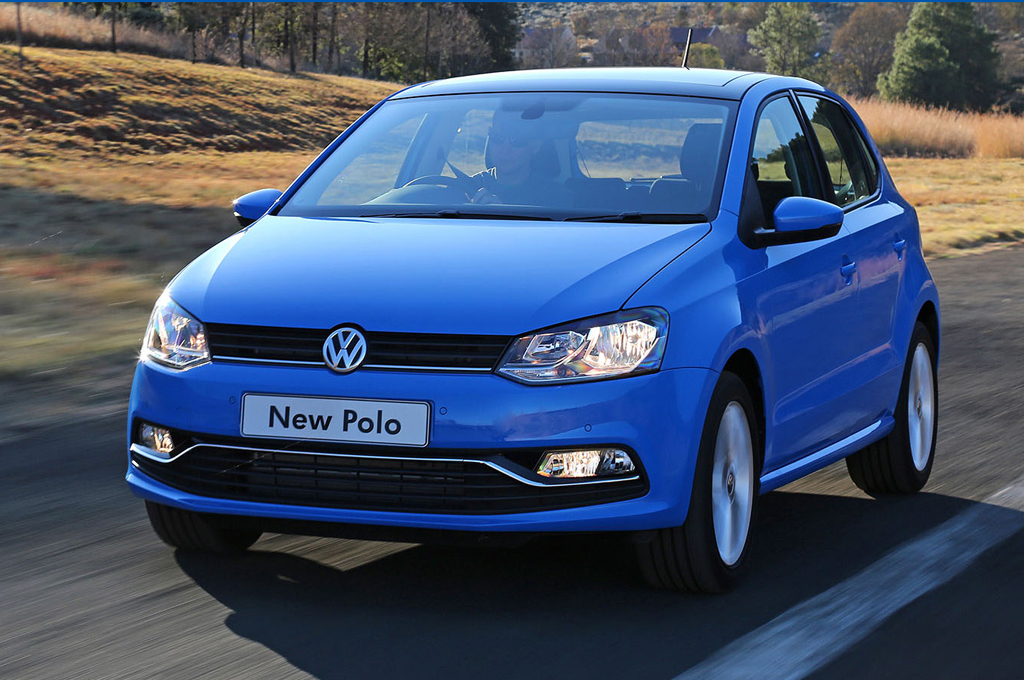(678) 999-8212
support@oxygenbuilder.com
Buying a new car is always an event, whether it is a brand-new car with three miles on the clock, or a ‘new to you’ with a previous owner that was, you hope, every bit as careful as the dealer promised. A few years ago, the launch of the new registration plate was such an event that dealerships would hold a ‘champagne reception’ at midnight for those purchasing a brand-new car. (I always thought they were on to a good thing as their customers were hardly going to be in the position to take full advantage of the free champagne if they were about to drive off in a new car).
For many the present cost of living crisis may result in reluctance to take on major expenditure but for some purchasing a car will be unavoidable. A replacement for an existing car that is already on borrowed time; a new post in a rural area or perhaps like me you now work in an environment where you commute by car some of the time rather than public transport all the time? But unless you have a few thousand stashed away in your sock drawer then you have to negotiate the many and varied ways of securing a car on credit along with around 80% of all new car buyers.
Almost every car dealer will offer you car finance – it's a big source of profit for many of them – and the choice can be confusing. However, despite the headline rates and promotional offers, financing your car purchase through the dealer is not necessarily the cheapest option. A few years ago, car finance automatically meant hire purchase but now there are a number of different ways, personal loans, leasing, and even credit cards to help you drive away the car of your dreams but I’m just going to look at one of them; the most popular and perhaps the one with the most pitfalls.
The Personal Contract Plan, ideal if you want to keep repayments low and change your car regularly. Often advertised with headline monthly repayments that seem almost giveaway. The PCP has three components:
Drawbacks? Well problems seem to arise when the contract ends, and you are faced with one of three options:
It's worth saying that if you know you want to change your car every two or three years and are not dependent on the resale value for the deposit for a new one, PCP will give you low monthly payments. But, if you suspect you will want to hang on to it, for whatever reason PCP is almost always more expensive than a personal loan. Plus, the payments on a personal loan will come to an end, and unless you have bought a complete turkey you could enjoy quite a large window where the only outgoings on the vehicle are the tax, insurance, MOT and annual service. Allowing you to put money away in your sock drawer (by sock drawer I mean credit union account) towards your next dream car.
For more information on Churches Mutual’s Vehicle Loans visit
For General Enquiries please fill
in the form below. Or call us
on 01452 903 945
"*" indicates required fields
(Closed Weekends and Bank Holidays)
Copyright © 2024 Churches Mutual. All Rights Reserved.